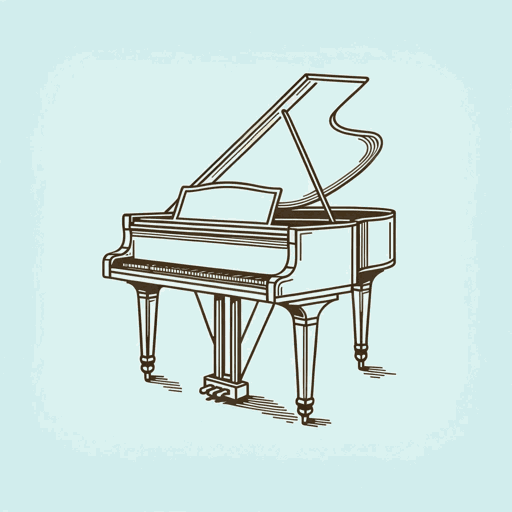36 pages • 1 hour read
Władysław SzpilmanThe Pianist
Nonfiction | Autobiography / Memoir | Adult | Published in 1946A modern alternative to SparkNotes and CliffsNotes, SuperSummary offers high-quality Study Guides with detailed chapter summaries and analysis of major themes, characters, and more.
Symbols & Motifs
Ritual
Władysław and the other Jews in the ghetto make heavy use of ritual in order to move through their days and maintain a sense of self. When he is still working in cafes, Władysław makes the same walk to and from work every day. Mother Szpilman insists that all family members sit down to a midday meal, and, “in her own way she was trying to give us something to cling to” (71). These rituals extend to the whole family, and Władysław notes, “They concentrated entirely on staying in control of themselves and maintaining the fiction of ordinary daily life. Father played his violin all day, Henryk studied, Regina and Halina and Mother mended our clothes” (94). Here, “fiction” suggests that the family is aware that their lives are in disarray, but it is important for them to craft a narrative in order to maintain the semblance of control.
Even when Władysław is separated from his family and hiding in almost total isolation, ritual is what allows him to maintain his sanity. While hiding in Helena Lewicka’s flat, “I did all I could to lead as regular a life as possible. I studied English from nine to eleven in the morning, read from eleven to one, then made my midday meal, and returned to my English studies and my reading from three to seven” (148).

